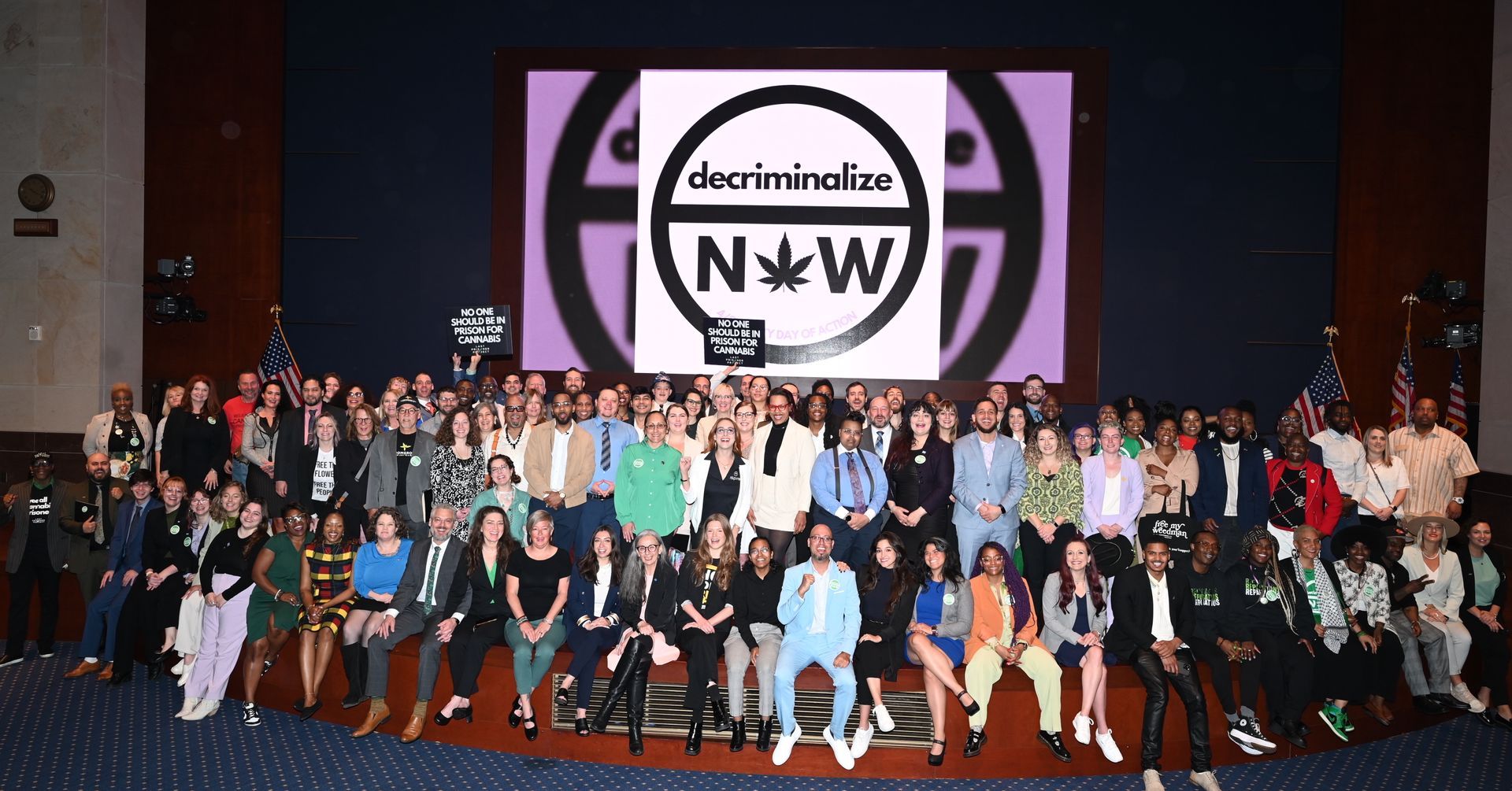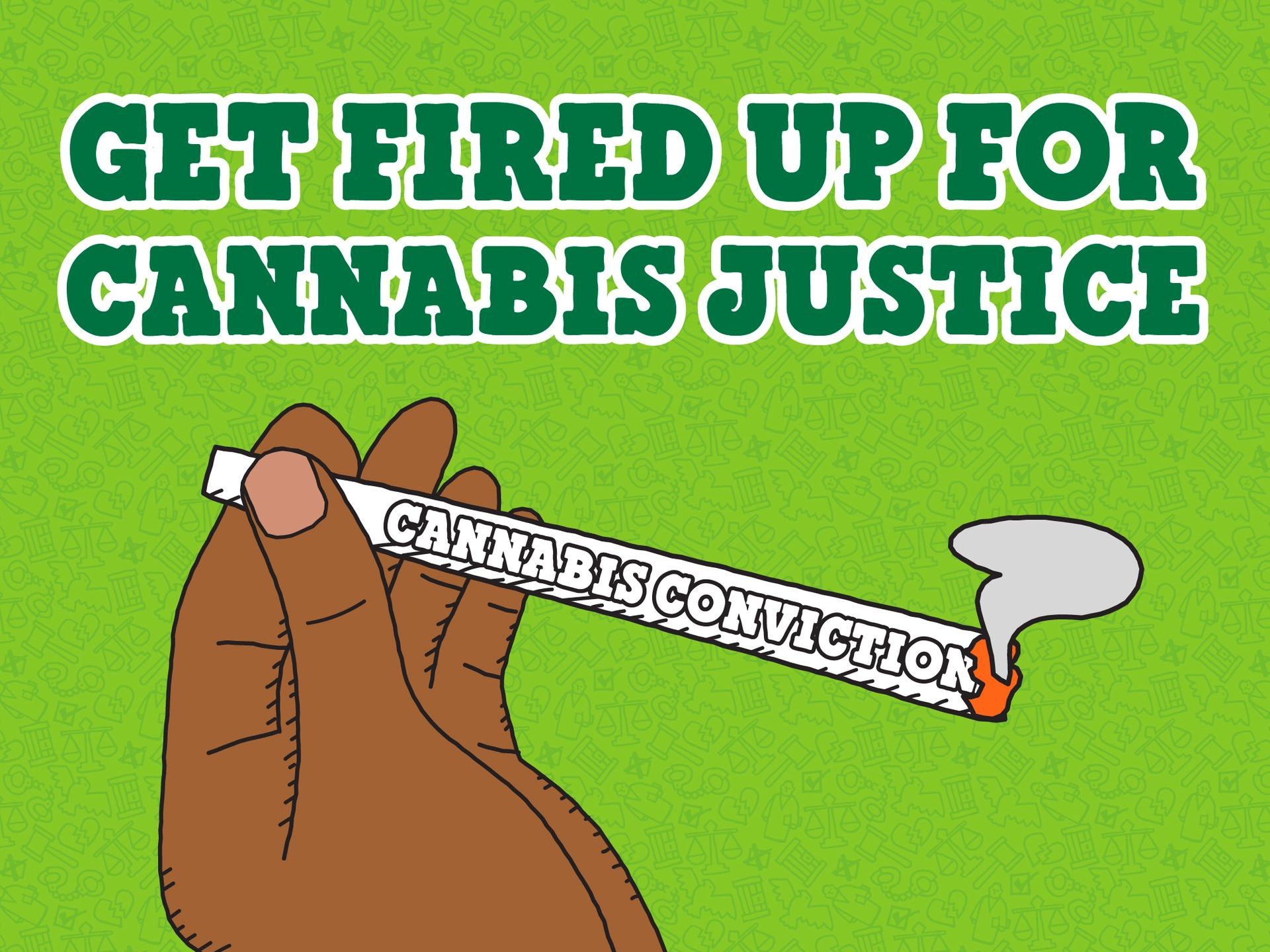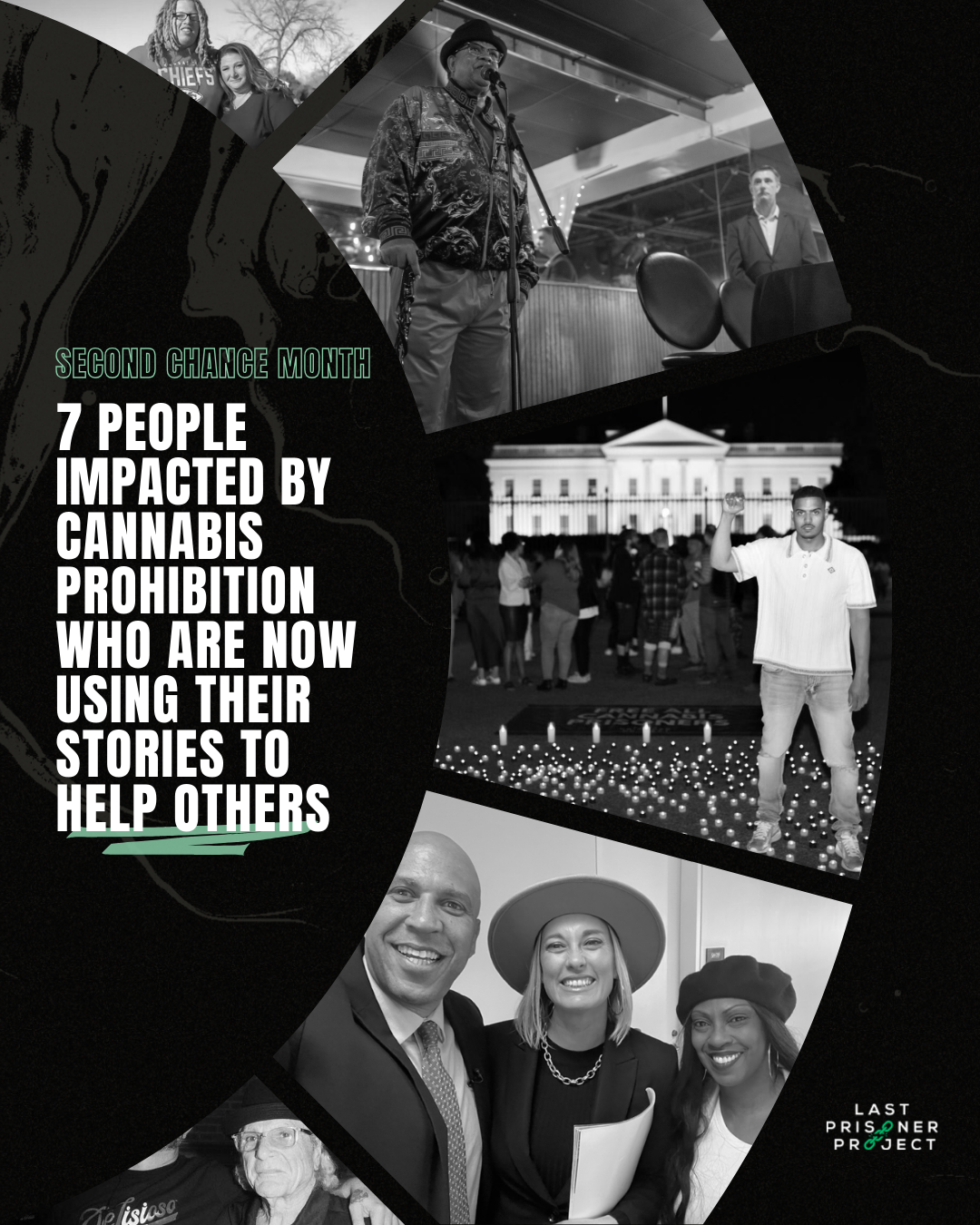Last Prisoner Project Endorses the Reintroduced HOPE Act by Rep. Joyce and Rep. Ocasio-Cortez
WASHINGTON, DC – Today, Congressman Dave Joyce (OH-14) and Congresswoman Alexandria Ocasio-Cortez (NY-14) introduced the Harnessing Opportunities by Pursuing Expungement (HOPE) Act. This bipartisan bill aims to help states with expunging cannabis offenses by reducing the financial and administrative burden of such efforts through federal grants. Both lawmakers have advocated for cannabis reform on their respective sides of the aisle, with Congressman Joyce sponsoring the first comprehensive and Republican-led effort to decriminalize cannabis at the federal level in the U.S. House.
“The vast majority of petty, non-violent cannabis law violations take place on the state and local level, precluding millions of Americans from fundamental opportunities such as housing and employment,” said Congressman Joyce. “As both a former public defender and prosecutor, I understand firsthand how these barriers can negatively impact families and economic growth in Ohio and across the nation. The HOPE Act works to remove those barriers in a bipartisan manner to pave the way for the American Dream and remedy the unjust war on cannabis.”
“As we continue to advocate for the decriminalization and legalization of marijuana, this bipartisan bill will provide localities the resources they need to expunge drug charges that continue to hold back Americans, disproportionately people of color, from employment, housing and other opportunity,” said Ocasio-Cortez.
Prior to the introduction of the HOPE Act, Congress’ cannabis expungement efforts have focused on federal crimes. However, while a small number of individuals may qualify for the expungement of low-level, federal cannabis charges over the course of decades of enforcement, the reality is that the overwhelming majority of cannabis-related charges are handled by state and local law enforcement. In 2019, the federal government was only involved in a fraction of the 545,000 cannabis offenses charged in the United States. That year, the FBI charged only 5,350 individuals with a top-line charge for any drug offense, not just cannabis.
Unfortunately, despite the fact that expungement programs for cannabis-related offenses have recently advanced in states and cities around the country, many criminal record keeping systems are not ready for or able to support these efforts.
The HOPE Act would address these complications by creating a new grant program under the U.S. Department of Justice, the State Expungement Opportunity Grant Program, and authorize it to be funded up to $20 million over the span of Fiscal Years 2024-2033. Through this grant program, the Attorney General would be authorized to make grants to states and local governments to reduce the financial and administrative burden of expunging convictions for cannabis offenses that are available to individuals who have been convicted of such offenses under the laws of the State. Funding provided by the State Expungement Opportunity Grant Program
could be used:
- for technology to provide cost-effective legal relief at scale;
- to automate the process of expunging convictions for cannabis offenses;
- for clinics, including legal clinics, that assist individuals through the expungement process;
- to implement a notification process for those whose records are expunged as well as to publish publicly accessible information regarding the availability and process of expungement;
- to seal records of conviction for cannabis offenses if appropriate; and
- for other innovative partnerships to provide wide-scale relief to individuals who are eligible for the expungement of a conviction for a cannabis offense under the laws of the State.
The bill would also require the Attorney General to conduct a study on the impact of cannabis offenses on an individual’s criminal record, including impacts related to housing, employment, recidivism, and how such effects differ based on demographics. The study must also include a report on the costs incurred by states for incarcerating an individual convicted of a cannabis offense.
“We at the R Street Institute thank Rep. David Joyce (R-OH) and Rep. Ocasio-Cortez (D-NY) for reintroducing the Harnessing Opportunities By Pursuing Expungement (HOPE) Act. This bill is a bipartisan effort that will help provide the direct resources needed by states and localities to create and implement automatic expungement programs for cannabis offenses. Expunging these records will help give many individuals a fresh start that can help them prosper and be strong contributing members to our society and communities, and that is why we are happy to endorse it in the 118th Congress,” said Anthony Lamorena, Senior Federal Affairs Manager at the R Street Institute.
“The HOPE Act promises just that: hope and a second chance for people suffering the lifelong consequences of a state-level marijuana possession arrest. As more and more states are ending their failed policies of criminalizing marijuana consumers, it is incumbent on Congress to assist them in repairing the associated harms it helped perpetuate for decades. This legislation is a great step toward righting the wrongs caused by prohibition and improving the lives of millions of people nationwide,” said Morgan Fox, Policy Director at NORML.
“Millions of Americans face lifelong barriers to securing the employment, housing, and education they need to advance in life because of past cannabis convictions, even though almost every state has adopted some form of cannabis reform. Equipping states to expunge those records is a promising solution that will improve both public safety and local economies. Americans for Prosperity fully supports the HOPE Act as one action Congress can take to ensure more deserving individuals receive a true second chance,” said Jeremiah Mosteller, Deputy Policy Director for Americans for Prosperity.
“In the last Congress, the bipartisan HOPE Act dramatically expanded the political conversation about what is possible in cannabis policy reform, and now is the time to get it done. The resources made available by this bill would serve a multiplying effect, by incentivizing and supporting state and local expungement programs. Expanding these programs means putting millions of Americans who have cannabis records on the path of employment, housing, and other needs to build stronger communities,” said Justin Strekal, Partner at Useful Strategies.
“Millions of Americans bear the lifelong burden of a criminal record–many for something as minor as a marijuana possession arrest. Barred from housing, employment, public benefits, educational opportunities and more, many of these individuals are sentenced to a lifetime of poverty. The costs of these impractical policies are felt by all, as they needlessly hinder success in all our communities. The Harnessing Opportunities by Pursuing Expungement (HOPE) Act will help remove these unjust and counterproductive barriers by helping states clear low-level marijuana records. In particular, HOPE will support states with automating the record clearance process, which is critical in providing this relief to scale. We are grateful to Representatives Joyce and Ocasio-Cortez for putting common sense before politics and working together to pursue this urgently needed reform. We look forward to continuing to work with their offices to get this bill across the finish line,”said Gracie Johnson, Policy Director at Last Prisoner Project.
The HOPE Act is endorsed by the R Street Institute, NORML, Americans for Prosperity, Useful Strategies, Last Prisoner Project, and the Due Process Institute.






